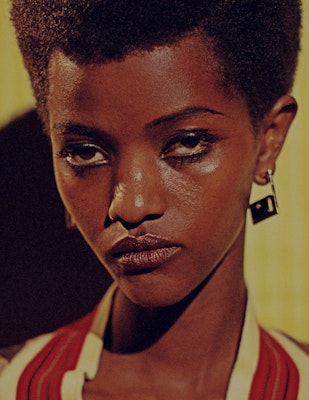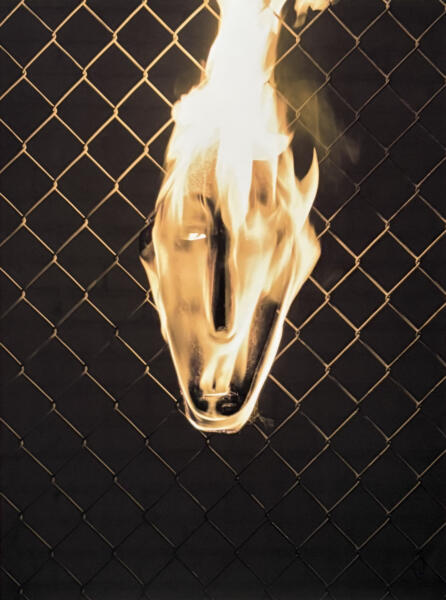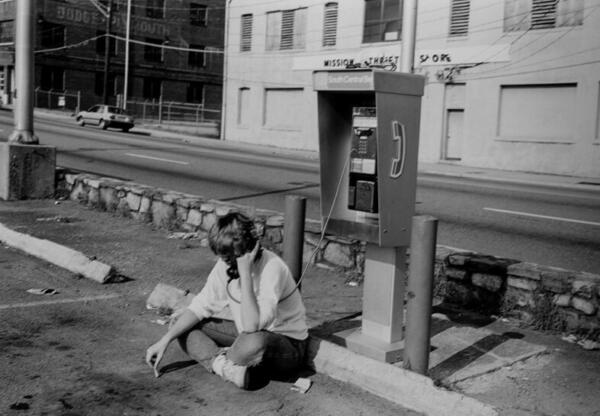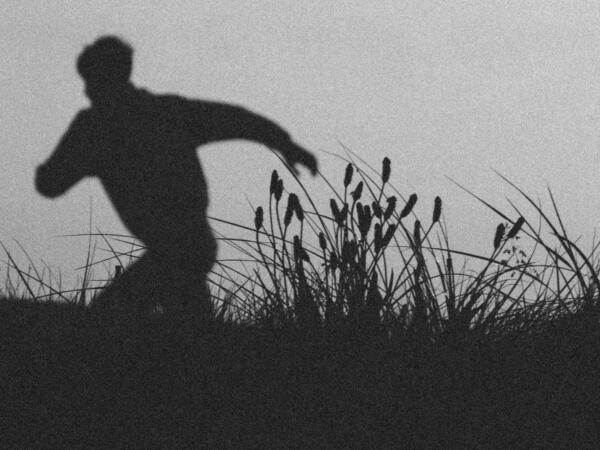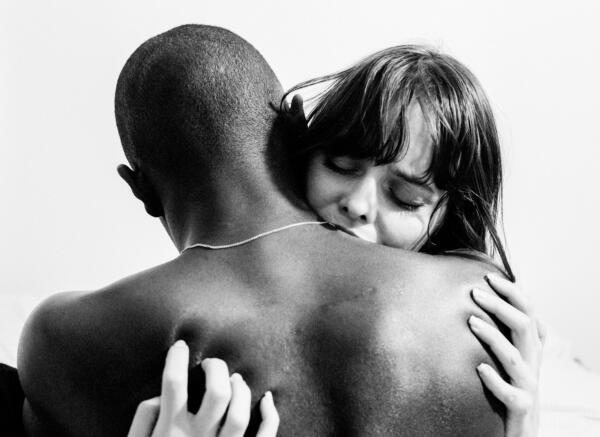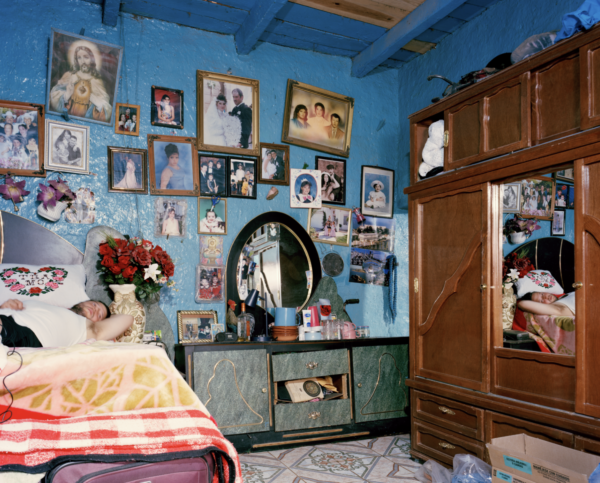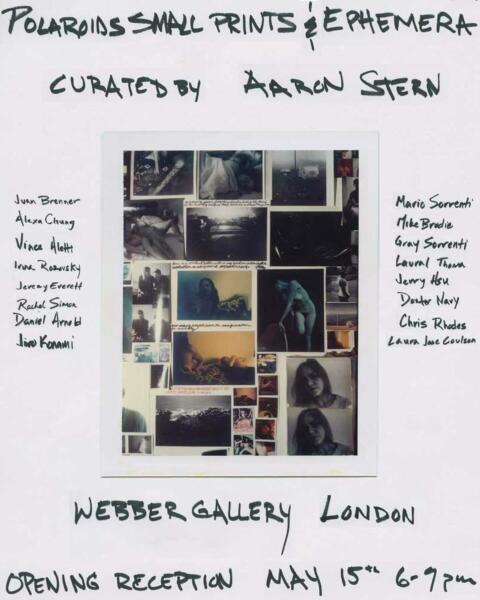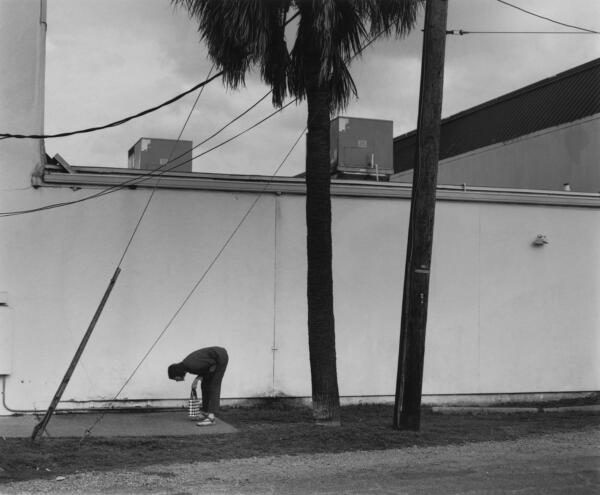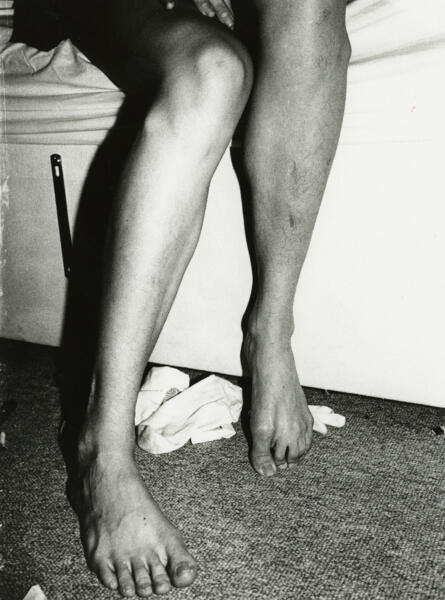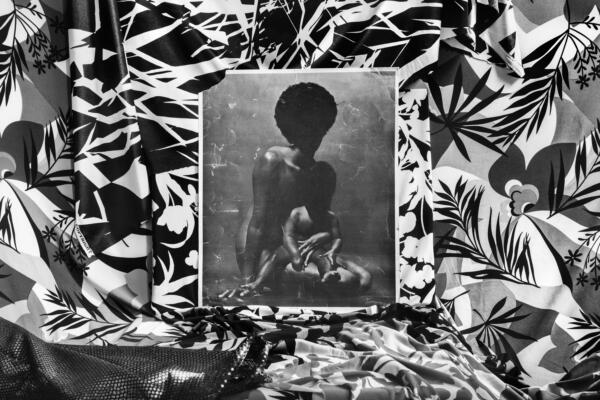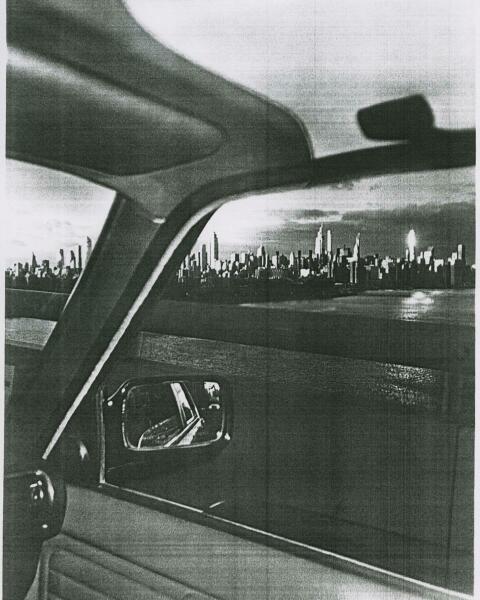- Past
-
Aaron Stern,
Decades Curated by Aaron Stern
![]()
-
Robbie Lawrence,
Mann
![]()
-
Timon Benson,
Voice of Matter
![]()
-
Yale MFA Photo,
First Breath Second Sight
![]()
-
Aaron Stern,
POLAROIDS, SMALL PRINTS and EPHEMERA
![]()
-
Yorgos Lanthimos,
Photographs
![]()
-
Webber Gallery,
Photo London 2025 Stand G17
![]()
-
Peter Tomka,
Bachelor Suite
![]()
-
Keisha Scarville,
lick of tongue, rub of finger, on soft wound
![]()
-
Aaron Stern,
Hard Copy Los Angeles
![]()
Unseen Theo Simpson 22.09–24.09.17
Unseen
Theo Simpson
22.09–24.09.17
Unseen Amsterdam
22-24th of September, 2017
Stand 47
Thomas Albdorf
Marton Perlaki
Daniel Shea
Theo Simpson
Do we really need to visit somewhere in person to experience it? Can you ever look at a place you know well with the eyes of a stranger? Through the prism of photography, can disparate places be drawn together? And how do we preserve our personal, place-specific narratives within a broader one of rapid socio-economic development and relentless technological change? These are just some of the questions you are invited to consider when engaging with the work of the four artists Webber has bought together for Unseen Amsterdam 2017.
All at times graphic and expressive in their output, each of the artists – Thomas Albdorf, Marton Perlaki, Daniel Shea and Theo Simpson – probe the narrative potential of flat image surfaces, and the multiplicity of fragments that can be layered into single photographic planes.
In Thomas Albdorf’s General View, the artist takes us to the archetypal landscape of Yosemite National Park – a place he has never been. Digitally strolling the park via Google Street View, Albdorf set out to discover if it is possible to render an experience ‘almost as good as being there’ within the confines of the photographic frame. Layering Street View imagery with digitally altered material and constructed, sculptural set-builds, Albdorf questions the way we consume images, and the integrity of photography’s indexical link to the world in the age of the Internet.
Marton Perlaki began taking pictures of windows in 2016, in his hometown of Budapest, as something instantaneous to counter the concept-driven, character-based images he is so used to constructing. Living now between New York and London, he found himself reflecting upon his experiences of returning home, and seeing Budapest with the eyes of a stranger for the first time. Becoming interested in the graphic, formal qualities the shop windows of the city possess – their structures, the lines, the swathes of colour, the uncannily reflective surfaces and the layers of perspective he could capture – his Shop Windows series became an unconscious symbol of that process of self-reflection.
Embarking upon his own meandering investigations into the place he grew up, Theo Simpson’s work probes the mythical themes of landscape and industrial heritage so often associated with the North of England. Through archive material, objects, ruins, symbols and stories he gathers along the way, Simpson proposes a re-imagining of history and our role within it. One particular new work, Vanden Plas, examines the resilient and enduring elements of declining British industry. Depicting a slice of the landscape, the piece is mounted on cold rolled steel (a material intrinsic to the region), with a Rover car advert from the 1970s placed on top of it (a brand inherent to the region), inviting us to visually understand the layers of history that can be embedded within any given place.
Also mining the traces of industrial and socioeconomic shifts through the layering of material is Daniel Shea, this time with the architectural plans and lifestyle branding of real estate developers arranged over sequences of photographs from a number of places across the world. Beginning with a simple premise to survey the residential real estate boom of his native Long Island City, Shea’s 43-35 10th Street wound up juxtaposing images of the condo culture arising there, with photographs of the infamous government buildings in the Brazilian city of Brasilia (built ex-nihilo around 50 years ago), and images of a dying California industrial town. There’s something spectral about the fusion of architectural forms, from disparate places and moments in history, evolving and echoing between frames. At the centre of all of this is Shea’s studio – a microenvironment, from which he explores our contemporary, evolving relationship to work and labour.
A particular image in Albdorf’s oeuvre – depicting a riverbed and a sheet of glass with spray-painted dots held over it – echoes an image of Perlaki’s, in which a smattering of paint drops is strewn across a window. The skeletal forms of Shea’s condos are reminiscent of Simpson’s steel sculptures. Sourced from the artists’ own surroundings and far beyond, the rich constellation of visual material you’ll find here deals with a broad, divergent set of themes, though subtle waves of conversation based on form, composition and approach emerge between the photographs, and fine threads of connection are woven.




